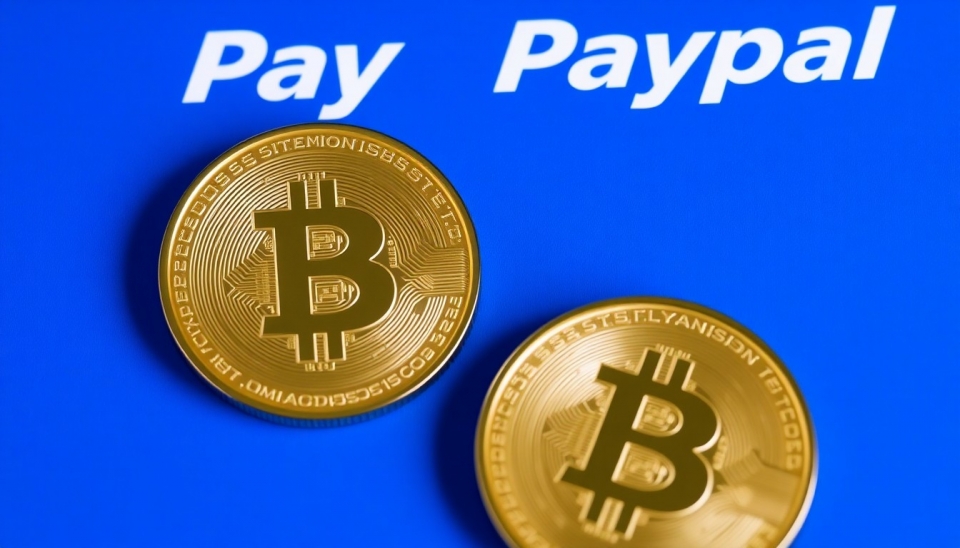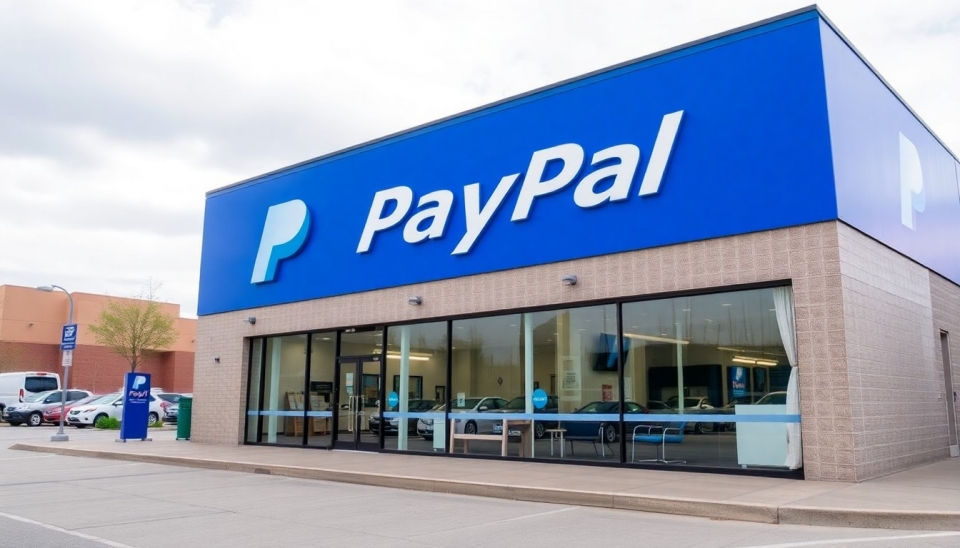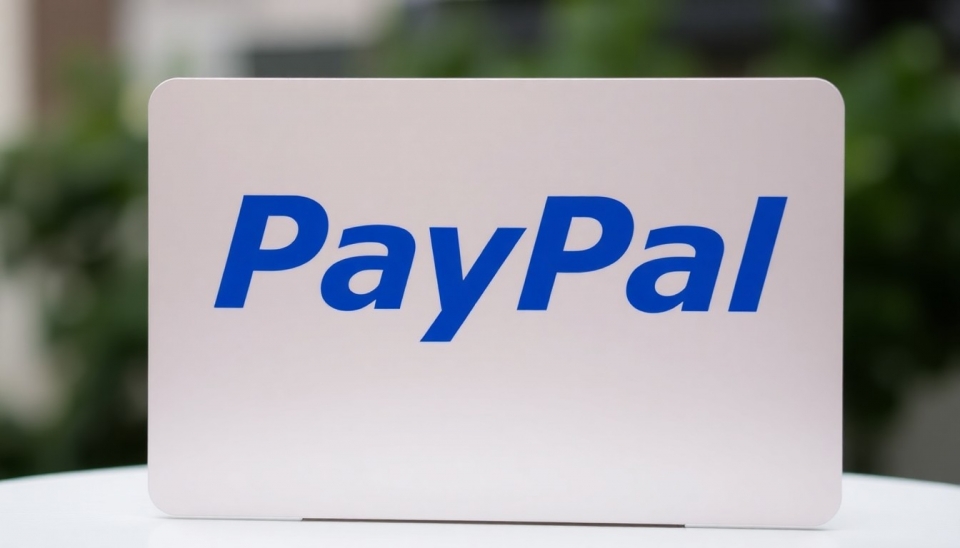
That sets the bigger stage for wider reception and integration of cryptocurrency into mainstream financial dealings, as PayPal successfully processes its first business transaction in a stablecoin.
On October 3, 2024, PayPal announced that a transaction had been successfully made using its newly adopted stablecoin. This move is considered a big leap forward in the solution of digital payments due to the fact it underlines the feasibility and efficiency of including cryptocurrency in traditional business transactions.
Stablecoins are a class of cryptocurrencies that attempt to offer price stability by being backed with some form of reserve asset. This major feature helps in cutting the extreme volatility associated with traditional cryptocurrencies while retaining the benefits from the use of digital currencies in a decentralized manner. Entry into this space by PayPal underlines its commitment to stay at the cutting edge of innovations in fintech through leveraging the stability and security these new kinds of digital assets provide.
The transaction had two different companies in an entirely secure transaction due to the robust security and millions of users of PayPal's system. It has not disclosed the specific details and the participants of the transaction, but sources close to the matter said that it was well thought out, testifying to months of hard work that includes testing and development.
A PayPal spokesperson said in a statement that the company remains committed to extending the variety of payment tools it offers through new and innovative digital currencies. He added that the introduction of a stablecoin into the base of millions of active users and businesses worldwide opens up an entirely new frontier for how financial transactions occur across borders.
Adding stablecoins within the PayPal ecosystem will have a ripple effect not only in businesses that are seeking more reliable and quicker ways of transacting but also in private individuals who may opt to reconsider how they approach digital currencies in general. This could be expected to further increase the involvement of crypto users that are cautious with stability and security in their transactions, besides interesting developers who want to build new applications on this platform.
To financial experts, this move is a serious seal of approval for the blockchain technology in ensuring a place in future digital finance. Other major financial institutions are expected to adopt similar strategies in the wake of pioneering efforts by PayPal as the world continues to adapt to life in the digital era. Innovations of this nature help further reduce the gap that exists between conventional and digital monetary systems.
Furthermore, PayPal remains committed to the continued enhancement and scaling of this new capability for greater functionality and customer experience in multiple geographies and sectors. Customers are encouraged to watch this space as PayPal continues to advance their offerings in digital transactions.
With this in mind, the question becomes how this shift toward stablecoin usage by consumers and, on the larger scale, by the world economy will go now that PayPal has set the precedent. It opens a whole can of worms as far as regulation goes, stability in the future, and its position in the big picture concerning world cryptocurrency adaption.
PayPalmove to introduce additional features, and the industry will no doubt be watching closely when it does, with competitors likely to follow suit. Another leap for digital finance into a world where implications are sure to bring both interest and scrutiny.
#PayPal #Stablecoin #Cryptocurrency #DigitalFinance #Blockchain #Innovation #Finance #Technology #BusinessTransaction #CryptoAdoption
Author: John Miller



